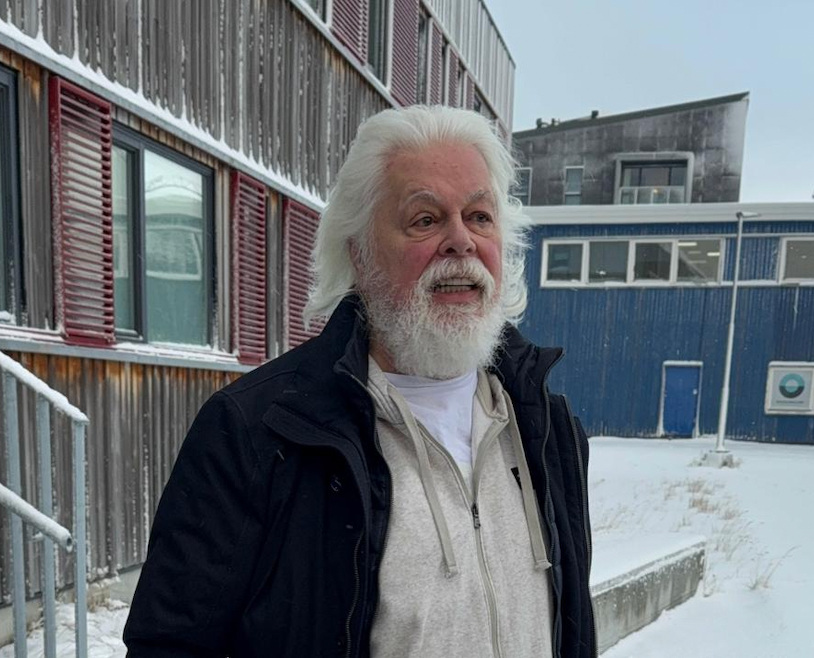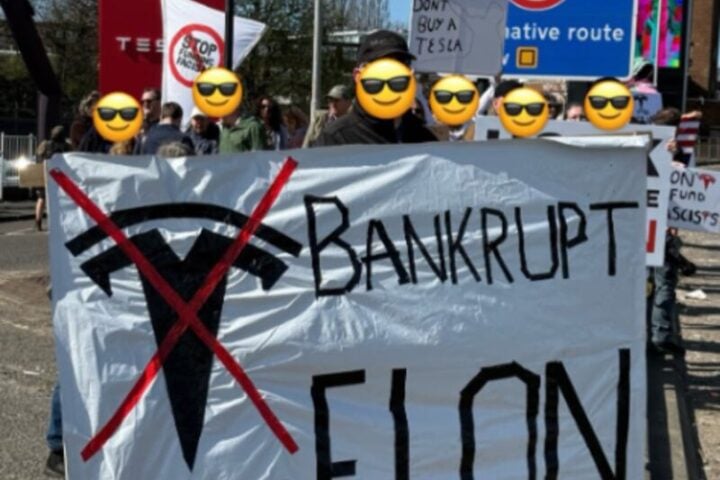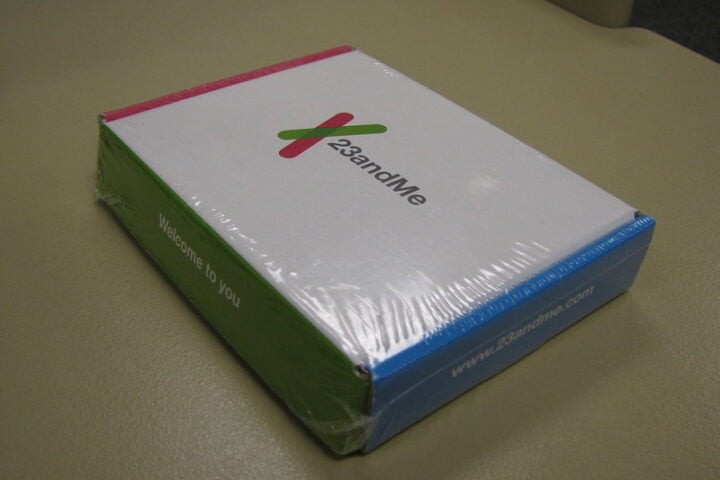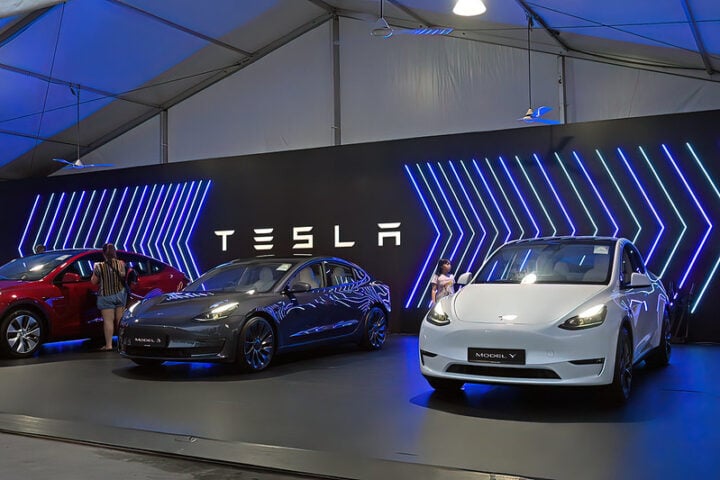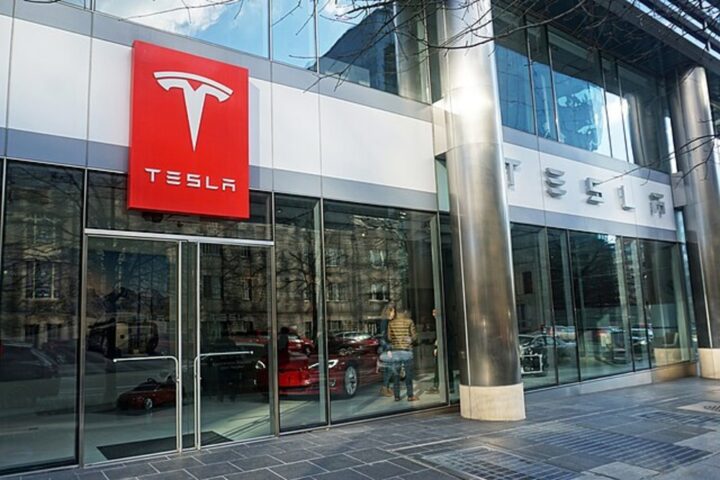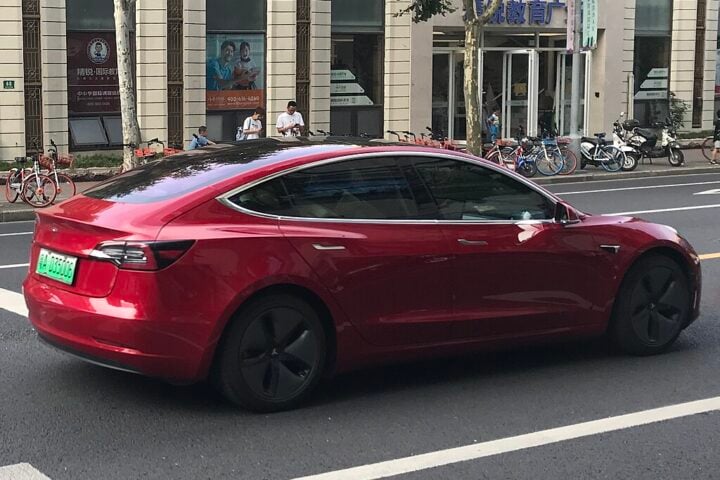Formula 1 continues to advance its carbon reduction efforts through an expanded Sustainable Aviation Fuel (SAF) program with Qatar Airways, building on its existing partnership with DHL. The combined initiatives aim to cut 8,000 tonnes of carbon dioxide equivalent (tCO2e) from F1’s air freight operations in 2024, representing a 19% reduction versus conventional aviation fuel.
The motorsport series faces a particular challenge with logistics, which accounts for 49% of its total carbon footprint according to its recent impact report. The new Qatar Airways partnership addresses this through SAF – a biofuel produced from sustainable sources like waste oils and agricultural residues that can reduce lifecycle emissions by up to 80% compared to traditional jet fuel.
Ellen Jones, F1’s Head of ESG, said: “Today’s investment is the next step in our alternative fuels strategy which is central to delivering our Net Zero 2030 target. Through collaboration with our teams, the FIA and our partners, we are delivering on our promises to drive down the sports’ carbon emissions and drive forward technologies that can have an impact beyond Formula 1.”
The partnership makes F1 the first member of Qatar Airways’ SAF program. The airline completed additional SAF purchases in 2024, reducing its emissions by 19,000 tCO2e, as part of its commitment to achieve 10% SAF usage by 2030.
F1’s broader sustainability strategy includes multiple technical initiatives. From 2026, F1 cars will run on 100% advanced sustainable fuel. The supporting F2 and F3 series will reach this standard by next season, building on their current 55% sustainable fuel usage. FIA Safety and Medical vehicles already operate with 40% sustainable fuel.
More Stories
The series has also optimized its logistics. New cargo containers designed for Boeing 777 aircraft cut emissions by 17%. Starting next season, European race venues will use lower-carbon power solutions from Aggreko for operational areas like pit lanes and paddocks, promising 90% emissions reductions in these zones.
Calendar changes support these efforts – from 2026, the Canadian Grand Prix moves to May while Monaco shifts to June, creating more efficient travel routes. Regional operational hubs in Europe, UAE, and the US reduce equipment transport distances between races.
F1’s progress toward its 2030 net-zero target currently stands at a 13% reduction from its 2018 baseline. The sport uses a ‘book and claim’ system to verify SAF emissions reductions, ensuring sustainable fuel replaces conventional jet fuel elsewhere in aviation while delivering equivalent carbon savings for F1.
The technical and operational changes reflect growing pressure on motorsport to address its environmental impact. While SAF currently costs more than conventional fuel and faces production capacity constraints, increased adoption through partnerships like this aims to help scale production and eventually reduce costs.

